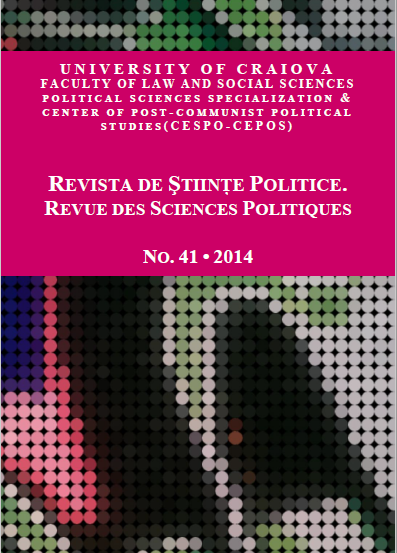Interpreting Continuity and Change in Post- Communist Policy-Making: Applying the New Historical Institutionalist Approach to the Study of Public Organizations
Interpreting Continuity and Change in Post- Communist Policy-Making: Applying the New Historical Institutionalist Approach to the Study of Public Organizations
Author(s): Cătălina Maria GeorgescuSubject(s): Public Administration, Government/Political systems, Post-Communist Transformation
Published by: Editura Universitaria Craiova
Keywords: New Historical Institutionalism; approach; institution; public organization; path dependence; incremental change;
Summary/Abstract: The original analytical framework favoured by the historical neo-institutionalism approach allows for diachronic interpretations of organizational evolutions and changes in different political and institutional contexts, highlighting the importance of causality and of constraints generated by already-existing rules/institutions. The research analytical design builds around interpreting the organizational continuity and change through the operationalization of historical events, cultural factors, political opportunities as explaining variables. Thus, by integrating the diachronic dimension of the organizational phenomenon through historical neo-institutionalism one could interpret the heterogeneous evolutions of public organizations within a certain geographical area based on the constraints triggered by past events (regime changes, social, political conflicts, social and political crises etc.) and the path dependence approach (patterns of administrative structures, power dispersion between the central and local governments, existing institutions etc.) on the present public policy-making and enforcement processes.
Journal: Revista de Științe Politice. Revue des Sciences Politiques
- Issue Year: 2014
- Issue No: 41
- Page Range: 250-261
- Page Count: 12
- Language: English

